
|
Listen to this story: |
ROME – Pope Francis yesterday created 20 new cardinals, including 16 under the age of 80 and thus eligible to vote for the next pope. It was Francis’s eighth consistory, and whenever we get a new crop of Princes of the Church, several chronic misconceptions tend to head once more unto the breach.
Herewith, three conceptual mistakes to avoid in thinking about the men who wear the red.
It’s not about liberals v. conservatives
To begin with, there’s a natural tendency for Western handicappers to try to divide up the cardinals like they do everyone else, meaning in terms of where cardinals stand on the liberal/conservative divide.
This generally works fairly well for Americans and Europeans – it’s not wrong, for example, even if it’s a little reductive, to think that new Cardinal Robert McElroy of San Diego is to the left of the traditional center of gravity within the American bishops’ conference, or that new Cardinal Arthur Roche of the Vatican’s Dicastery for Divine Worship is more progressive than his predecessor, Cardinal Robert Sarah.
The left/right taxonomy tends to break down, however, once you exit Western airspace. Care to take a stab, for instance, at locating new Cardinal Anthony Poola, India’s first Dalit cardinal, on that spectrum? What about Cardinal Virgilio do Carmo da Silva of East Timor?
It’s not just that we don’t know which side these guys are on – it’s that the left/right classification system often just doesn’t apply. Prelates from the developing world often can be quite traditional on doctrine, for instance, but extremely progressive on matters of social justice.
Moreover, their perspectives are informed mostly by their local situations. Presumably, new Cardinal Peter Okpaleke of Nigeria is far more concerned about corruption, sectarian violence and security, the issues that dominate his country right now, than transgender rights or the legal status of abortion, which define the left/right fault lines in America.
The bottom line is that Catholicism is a global faith, a fact increasingly reflected in the College of Cardinals in the Pope Francis era. As a result, we have to stop trying to analyze it in primarily Western terms.
They’re not Vatican experts
There’s also a natural tendency for outsiders to assume that if a guy’s a cardinal, he must know the ins and outs of the Vatican. That’s just not so – in fact, most of these cardinals would be the first to admit that the corridors of power in Rome are every bit as much terra incognita to them as the tundra of the Arctic, or the isolated islands of the Pacific.
I’d be willing to bet, for example, that of the 16 new cardinal-electors named yesterday, only two of them likely could name more than, say, three of the 10 defendants currently facing trial in the Vatican for alleged financial crimes.
I’m presuming most could correctly identify Italian Cardinal Angelo Becciu, especially since he’s on the guest list for the cardinals’ get-together thanks to Pope Francis despite the fact his privileges were stripped in 2020. But after that, I’d guess none could pick Raffaele Mincione or Gianluigi Torzi out of a lineup, the two lay Italian financiers accused of swindling the Vatican, possibly save for Roche and Cardinal Fernando Vérgez, both of whom work in the Vatican.
Based on 25 years of experience of interviewing cardinals, I can testify that the usual dynamic is that we spend some time on the record with me asking the questions, and then another few minutes with the recorder switched off while they pose queries about what the hell is going on in Rome. Anybody who covers the Vatican probably has had similar experiences.
This long-standing reality today is compounded by the fact that Pope Francis has named so many cardinals from the world’s peripheries who not only don’t work in the Vatican, but who’ve spent precious little time in Rome over the years. Half the time, the waiter serving them dinner in a Roman trattoria probably could speak more knowledgably about Vatican power games than they could.
Of course, if you’re a rank and file Catholic out there with a concern about the Vatican, there’s nothing wrong with expressing it to your cardinal – they are, after all, supposed to be the pope’s closest advisors. Just don’t necessarily expect him to know any more about what’s actually going on than you do.
They’re not BFFs
Speaking of natural but mistaken assumptions about cardinals, there’s also a tendency to assume that because it’s such a small club – as of yesterday’s consistory, 226 cardinals in all, of whom 132 are electors – they must all be tight.
Yet when Crux recently asked one of the new inductees how many of the world’s cardinals he knew personally, the answer was revealing: “About seven.”
While that reply may be on the low end of the average, it’s nevertheless true that many of today’s cardinals are effectively strangers to one another. Given Francis’s penchant for distributing red hats to improbable locales, that’s the most natural thing in the world – after all, what are the odds, really, that the cardinal of Ekwulobia in Nigeria would be the BFF of his colleague in, say, Singapore or Mongolia?
In fact, many observers assume that the real purpose of the two-day gathering of cardinals that begins tomorrow isn’t so much to discuss Vatican reform, which is the ostensible motive – after all, as noted above, most of these cardinals don’t know much about the Vatican, and two days is hardly enough to give them a meaningful crash course.
What the session will accomplish, however, is to afford them a chance at least to meet one another, and to form some fleeting sense of one another’s concerns and experiences.
All this can’t help but have an impact on electing a pope, whenever that moment may come.
I recall that in 2005, one cardinal who took part in the conclave had a thick briefing book on various reputed papabili, or candidates, which he studied on the flight to Rome, later explaining that he felt compelled to do so because he really didn’t know much about most of them. (In the end, that conclave ended up selecting Cardinal Joseph Ratzinger, whom pretty much everyone knew, but no one could be sure of that outcome going in.)
This unfamiliarity has been compounded under Pope Francis, which means that a great deal of what will have to happen the next time the cardinals gather for an election isn’t so much campaigning as introductions.
Perhaps the moral of this story can be summed up as follows.
When you look upon a cardinal, try to moderate your expectations. Yes, they hold the highest office in the church short of the papacy itself – but that doesn’t make them experts on everything, including, frankly, a lot of the stuff you’d really love to know.
Join Our Telegram Group : Salvation & Prosperity
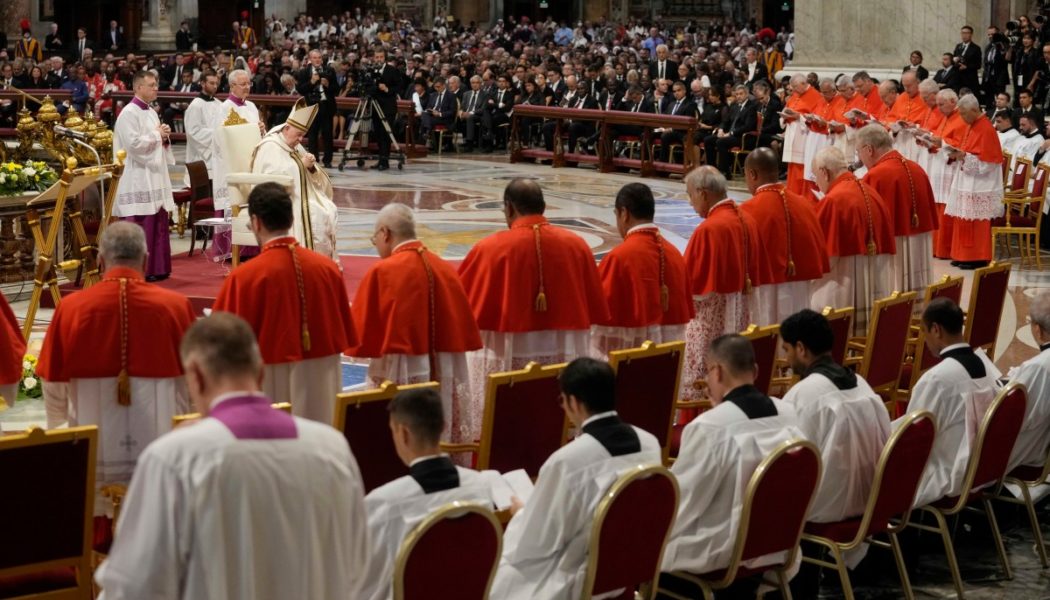
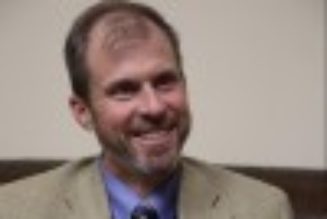
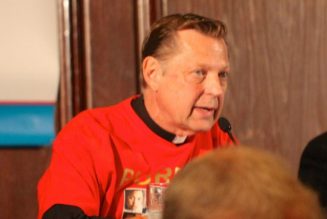
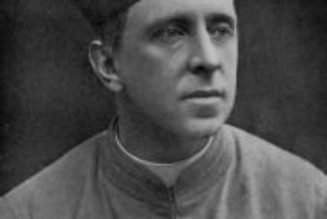
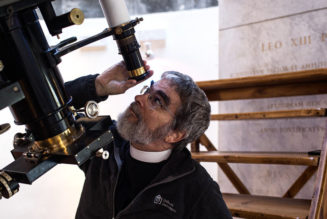

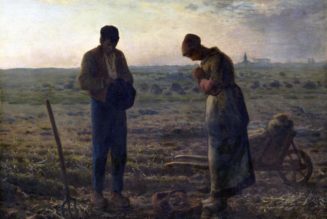
![Wall Street Journal: U.S. Catholic Priests Are Increasingly Conservative as Faithful Grow More Liberal [paywall]…](https://salvationprosperity.net/wp-content/uploads/2022/12/wall-street-journal-u-s-catholic-priests-are-increasingly-conservative-as-faithful-grow-more-liberal-paywall-327x219.jpg)